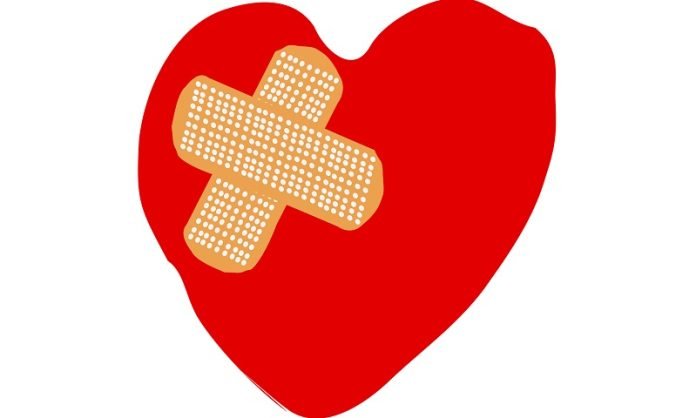
Researchers have reported a groundbreaking discovery in the field of cardiology: radiation therapy may potentially be used to treat heart failure.
This innovative approach was explored through a study that analyzed the cardiac effects of radiation in a small patient group and also through modeling the effects of low-dose radiation in mice with heart failure.
The study, published in the journal Med, reveals that low-dose radiation therapy could enhance heart function in various types of heart failure, primarily by reducing inflammatory immune cells in the heart muscle.
Ali Javaheri, a cardiologist and assistant professor of medicine at Washington University in St. Louis and one of the study’s senior authors, explains that radiation therapy, commonly used to treat ventricular tachycardia, exposes a significant part of the heart to low-dose radiation.
Initially, there was concern that this exposure could harm overall heart function. However, the study’s findings were surprising: not only did the radiation not harm the heart, but it also seemed to improve its function, at least in the short term.
Heart failure is a critical health issue, affecting about 6.2 million American adults.
It’s marked by the heart’s decreasing ability to pump oxygenated blood effectively, and can stem from various causes, including heart attacks, viral infections, or chronic arrhythmias like ventricular tachycardia.
The need for better therapies is pressing, as more than half of the patients hospitalized for heart failure die within five years of their first hospitalization.
In their study, the researchers assessed nine patients with ventricular tachycardia using cardiac MRI both before and after radiation treatment.
The MRIs showed improved heart function shortly after radiation, particularly in the left ventricle’s pumping capacity.
The improvement was observed just a few days post-treatment, suggesting that it was not solely due to arrhythmia reduction, which typically occurs more gradually.
The study also examined the effects of similar low-dose radiation on groups of mice with heart failure from different causes.
The results mirrored those in human patients, showing enhanced heart function following radiation therapy, particularly in the left ventricle. In mice with progressive heart failure, radiation therapy even increased survival rates.
A crucial finding was that the failing hearts in mice receiving radiation exhibited reduced fibrosis and a decline in cardiac macrophages, which are immune cells that can exacerbate heart inflammation.
Irradiated hearts had fewer rapidly dividing cells, like immune cells and fibroblasts, which often worsen heart failure. In contrast, normal heart muscle cells rarely divide.
Carmen Bergom, a radiation oncologist and co-senior author of the study, notes that rapidly dividing cells, like cancer cells, are more susceptible to radiation-induced death.
The beneficial effect observed in these hearts might be more complex than just a reduction in these rapidly dividing inflammatory cells. The research team plans to delve deeper into understanding the underlying mechanisms.
The researchers aim to continue their work by studying patients already undergoing radiation therapy for ventricular tachycardia.
While MRI has shown improved heart function, upcoming advanced studies will investigate if these improvements correlate with reduced inflammation in the human heart, similar to findings in mice.
This research opens up a potentially new and promising path for treating heart failure, suggesting that low-dose radiation could be a valuable tool in managing this challenging condition.
If you care about heart disease, please read studies that herbal supplements could harm your heart rhythm, and how eating eggs can help reduce heart disease risk.
For more information about heart health, please see recent studies that apple juice could benefit your heart health, and results showing yogurt may help lower the death risks in heart disease.
The research findings can be found in the journal Med.
Copyright © 2023 Knowridge Science Report. All rights reserved.



